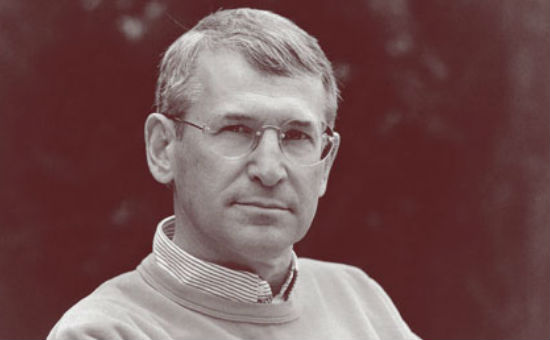But why does wisdom matter? “Knowledge becomes wisdom when we have the ability to assimilate and apply this knowledge to make the right decisions. As the saying goes, ‘knowledge speaks but wisdom listens,’” explains Kets de Vries. Wisdom means good judgement, sincerity and authenticity plus humility deriving from a willingness to recognise the limitations of their knowledge.
Cognitively, wise people have the ability to see the big picture. They are able to put things in perspective; to rise above their personal viewpoint and avoid black-and-white thin. From an emotional perspective, people acknowledged for their wisdom are reflective, introspective and tolerant of ambiguity. On a more personal level wise people know self-concordance, behave consistently with their values, and practice self-exploration, self-knowledge and self-responsibility.
Still, wisdom cannot be acquired like a loaf of bread. “It is only through our own experiences, learning how to cope with the major tragedies and dilemmas embedded within life’s journey, that we will discover our own capacities and learn how to create wisdom”, writes Kets de Vries. And increasing age unfortunately has not much to do with it since many never put their experience to good use.
A number of steps can be taken to expedite the road to wisdom, though. In his work with executives, the Insead professor has found that creating a learning community in which participants have the opportunity to tell their stories, not only has a cathartic effect but also helps wisdom come to fruit. “While written case studies can be helpful, life case studies narrated by participants have a much more dramatic, emotional impact.” A learning community is also a great place to practice open-mindedness, he feels. “In their pursuit of wisdom, group members will be encouraged to learn from their mistakes, to think before acting and, by taking off their masks, to become more authentic in living their values.”
Read more on Knowledge INSEAD

